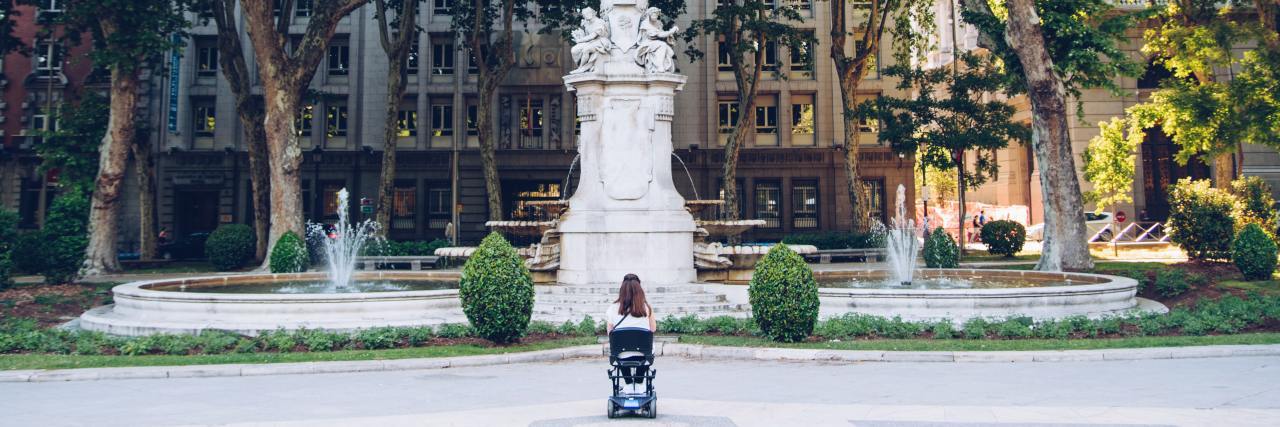July is Disability Pride Month, a time to celebrate all things disability-related! For hundreds of years, disabilities were considered shameful and something to hide, and although we have come a long way, the disabled community is still often neglected and misunderstood. Here are 10 things I want you to know about my experience as a disabled woman.
1. No, I can’t meet you halfway.
I am not sure why, but able-bodied people tend to have this idea in their heads that if disabled people push themselves hard enough, they can perform a certain task. That isn’t how disabilities work. We know what our bodies are capable and incapable of. When we tell you we can’t do something, please just listen to us. Don’t follow up by asking us to try anyway.
2. I am disabled, not a child.
I find that people tend to treat me like a child because I’m a wheelchair user. I notice that when I’m out to eat, servers always just ask whoever I’m with what I want to order. They just assume that I can’t order for myself and are often shocked when I do order. Another thing that happens is that people like to pat me on the head. It’s really weird and I don’t get why people think it’s appropriate.
3. Disability is not a bad word.
Let’s talk about disabilities. Society often still sees people with disabilities as less-than or broken and that needs to change. Talking about disabilities should be normal because *gasp* disabilities are normal. There shouldn’t be any shame associated with the word “disabled.” And yes, it is disabled, not differently-abled!
4. I don’t need your sympathy, I need your acceptance.
I get so much pity from people and it’s not helpful at all. I don’t want you to feel bad for me, I want you to understand where I’m coming from.
5. Stop calling disabled people “inspiring” for merely existing.
It happens all the time. I have been called inspiring for the most basic things like braiding my hair, going out with my family/friends, cooking a very basic meal. None of those things are inspiring in the least.
6. I can see you staring at me.
I’m not sure why, but grown adults stare at me all the time. I get that you might not be used to seeing someone in a wheelchair hooked up to IVs and a feeding tube, but blatantly staring is rude. If you are going to look at my medical equipment, do it subtly. It’s honestly not that hard.
7. Stop acting like you have the right to ask me anything you want about my disability.
Strangers will straight up ask you super personal questions pertaining to your disability in public places and have the audacity to act as if you owe them an answer. It is perplexing. And please, stop asking “What’s wrong with you?” I know you mean no harm, but c’mon, it’s really offensive wording.
8. Help me with the door!
Most public places don’t have automatic doors, so entering buildings/rooms can be difficult when dealing with a door and a mobility aid. I often find myself stuck in a doorway with a heavy door closing on me while the people around me just watch me struggle. People probably only offer to help me with the door around 50% of the time.
9. We are not “lucky” to receive basic accommodations.
Stop acting like wheelchair users should be grateful for every dilapidated ramp that is definitely not up to code. I have a right to be upset if your ramp is dangerous to use. I shouldn’t “just be grateful that you even have a ramp.” It’s the law.
10. There is no representation.
I rarely see anyone that looks like me in the media. TV shows seldomly have disabled characters, and when they do, it’s usually some super dramatic storyline. I want to see more people with disabilities in everyday roles. According to the CDC, 26% of Americans have a disability and it’s time to start acting like it.
This story originally appeared on A Life Full of Grace and Mito.
Photo by Carlos Navas on Unsplash

